Sometimes, a change of weather is all you need. When Jessica Beth Levine relocated from North Carolina (after graduating from Duke) to Southern California, she had big plans to work in research and science. But it was ultimately the pull of sunlight that led her to accepting a job in a lab at Caltech over other offers, and it was there that she discovered something she never expected: that research wasn't for her.
"I wanted to help people more directly and see the impact of my work more quickly," she explains, and she realized she wouldn't have the chance to work directly with students from behind the closed doors of a research lab. So Jessica started looking elsewhere and ultimately plotted a new course for herself by studying Student Affairs.
Now working at the University of Southern California, she's the Program Director for a bold new path of study: one that unites business, finance, and social responsibility. "Our students are gearing up to save the world"—and she's the point person to help them do just that. Read on to learn more about career path U-turns, the best way to spend a day in Los Angeles, and the importance of building relationships along the way.
Her Starting Point
After studying Psychology at Duke University, you landed an ideal position in your field, taking a job across the country at the California Institute of Technology. How did you decide on your next move after graduation, and what were the biggest lessons you learned once you got there?
When I graduated from Duke, I mosty knew I wanted to move somewhere new. I honestly accepted the job at Caltech because Los Angeles has better weather than any of the other jobs I was offered!
At Caltech, I worked as the lab manager in a cognitive neuroscience lab, where we were researching social cognition and Autism. My job duties included interviewing participants in our research studies and collecting fMRI and eye-tracking data. Mostly, I learned what academic research was and what it means to go to an office every day as a professional.
After working a Caltech, you made a pretty significant shift away from science and research. Tell us about that process.
After about a year of working in research, I realized it wasn’t the right fit for me. I wanted to help people more directly—and see the impact of my work more quickly. That's when I began exploring other options.
I started by just looking around me. At Caltech, I was fortunate to connect with a few strong and inspiring women working in Student Affairs. They shared how they spent their days supporting students, and I was hooked! I decided to go to grad school for a degree in Higher Education. The University of Southern California has an excellent program so I applied. In 2009, I began classes and a new job in Student Affairs there.
Working in Student Affairs, you've probably witnessed how much of a difference a mentor makes when you're starting out. Have you had one of your own along the way? What’s some of the best advice you've received?
I’ve been lucky to receive guidance from many talented and caring people in my field over the years. There’s a misconception out there that having a mentor requires a formal agreement. Instead, I’ve found that mentorship is often fluid and varies in scope.
The best advice I’ve received (and try to follow 6 days out of 7) is actually simple: push yourself out of your comfort zone as often as possible. That's how you achieve excellence.

Her Big Break
Now you serve as the Program Director for the new USC Marshall Master of Science in Social Entrepreneurship (MSSE). Why do you think social entrepreneurship is an important aspect of business school and education in general?
We launched the MSSE program in August of 2014. [It’s a hybrid degree] that gives students the hard business skills they need to make an impact on a local and global scale in areas such as poverty alleviation, healthcare, equity, education, and the environment. It's the first degree of its kind at any U.S. business school. Our students are gearing up to save the world by combining a social mission with a financial one.
What’s been your most rewarding experience so far professionally-speaking or otherwise? How did it affect your career and life?
I grew up in Massachusetts and moved to Los Angeles right after I graduated from Duke. In the nine years I’ve been here, I’ve successfully built a community, a career, and an amazing relationship with my fiancé. My success in transitioning to a new city on my own and thriving here continues to be my most rewarding experience.
How do you define success for yourself? What have been your trail markers of success in the past, and what are some things you still hope to achieve from here?
Launching the MSSE program and seeing it take off has been a huge win for me. My team created something that never existed before! And it’s making the world a better place. That’s awesome. When I think of success more generally, it means further developing my repertoire of skills and competencies. Every time I learn something new, step out of my comfort zone, or make wiser choices, that’s success.
Have you made any major professional mistakes or had to learn a lesson the hard way? How did that negative experience improve your work?
Really, who hasn’t?! I’ve absolutely made mistakes. But now, after making it through high school, college, and nine years as a working adult, it no longer seems important to spend even a second regretting what I might have done better. Instead, I focus on improving what I can. There’s always a way to learn from any experience: get better, get stronger. That’s how I look at my mistakes.

Her Perspective
What’s your best advice for women who are just beginning their careers or (as you did) considering switching into a new one?
A lot of women I’ve known hesitate to ask for what they want—whether that's an award, a raise, or a new position—and it hurts their careers. I see this most frequently in young women entering the job market for the first time.
Every person in every office plays a role in changing workplace culture. Be bold and don’t hesitate even when (maybe especially when) you’re afraid! If we aren't bold, society will miss out on contributions from half the population. If you need encouragement, I recommend The Confidence Code and Lean In.
How would you describe your leadership style? What makes a good leader?
I like to stay organized and plan four steps ahead of where I am on any given project. Troubleshooting early reduces stress for everyone and ultimately makes our program better for our students. I believe that good leaders empower employees to grow and thrive by creating an open office culture in which the whole team shares both challenge and successes.
None of us get enough downtime so we always like to ask: how would you spend a perfect Saturday?
It would start with a fast-paced workout. Then, I’d meet friends for a substantial brunch, complete with a decaf Americano and chocolate croissant. After that, I’d spend time reading, writing for my personal website (I blog about sustainable food at www.jessicabeth.net), and relaxing. I’d probably squeeze in a phone call to my family on the other side of the country as well. To wind down the day, I’d have dinner with my fiancé somewhere on a patio with lots of bistro lights. Fingers crossed, we’d end the evening by getting some ice cream. Magnificent!
And finally, what do you wake up looking forward to? What’s next for your career and your life?
On a broad level, I look forward to learning more about myself and growing as a person. More specifically, I’m looking forward to some upcoming travel, to getting married next year, and to seeing how life unfolds professionally. My fiancé and I talk frequently about where we want to live and if we’ll stay in LA. There are so many places and paths to explore!
You May Also Like
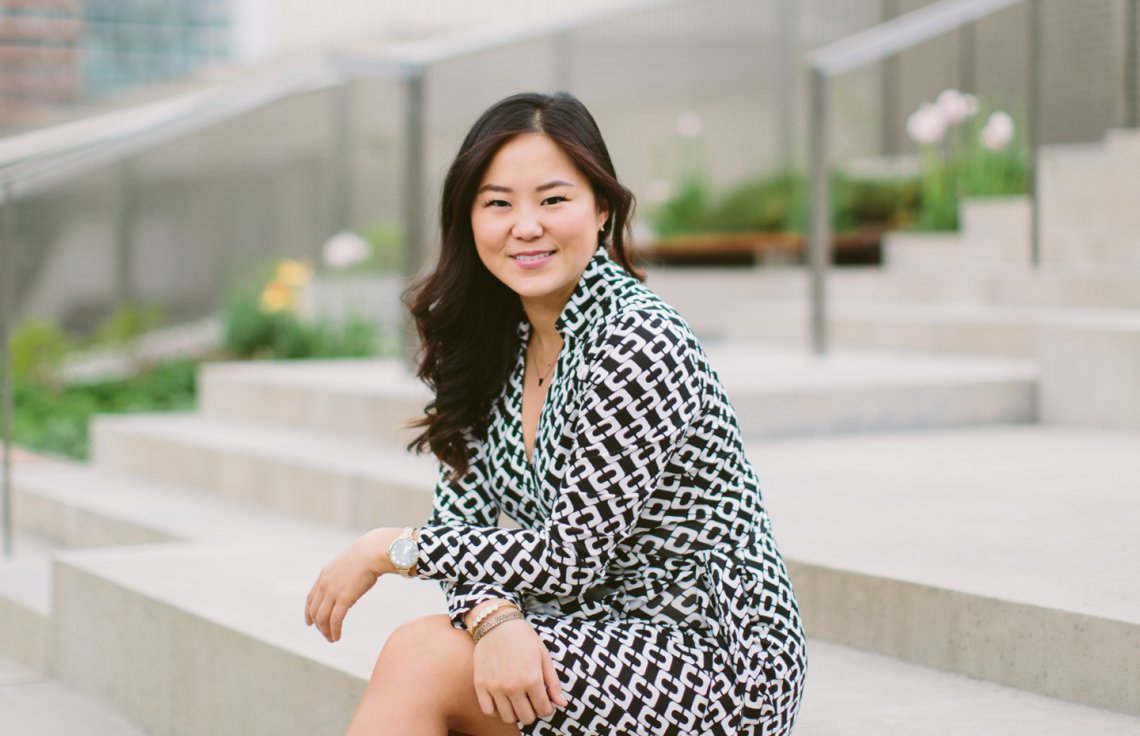
Government + Public Policy
How to Become a Foreign Service Officer
Ever wondered what it would be like to work in Foreign Affairs? Gloria Chou knows, and she's spilling.

Government + Public Policy
Noor Elkhaldi on Taking a Break From School to Work as an SVU Counselor
"You cannot care for others if you do not care for yourself."
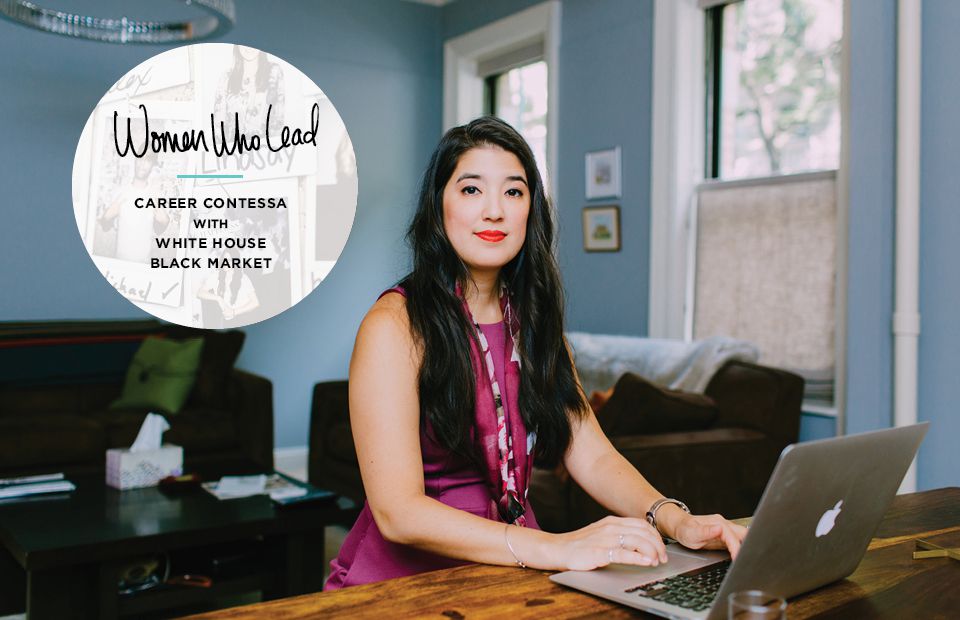
Consumer Services, Education, Finance
Women Who Lead: Alexandra Dickinson, Founder and CEO of Ask For It
On taking risks and asking for more—always.
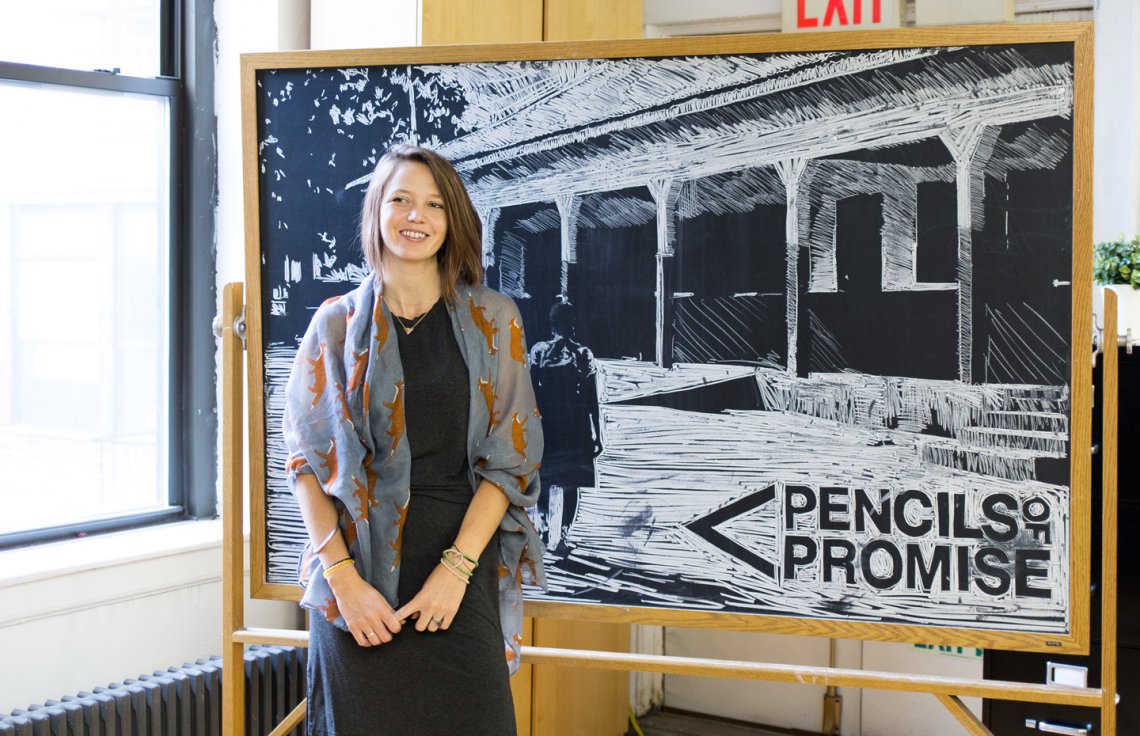
Nonprofit, Social Responsibility
Leslie Engle Young on What a Director of Impact Actually Does
This philanthropic globetrotter found her dream career working at Pencils of Promise.
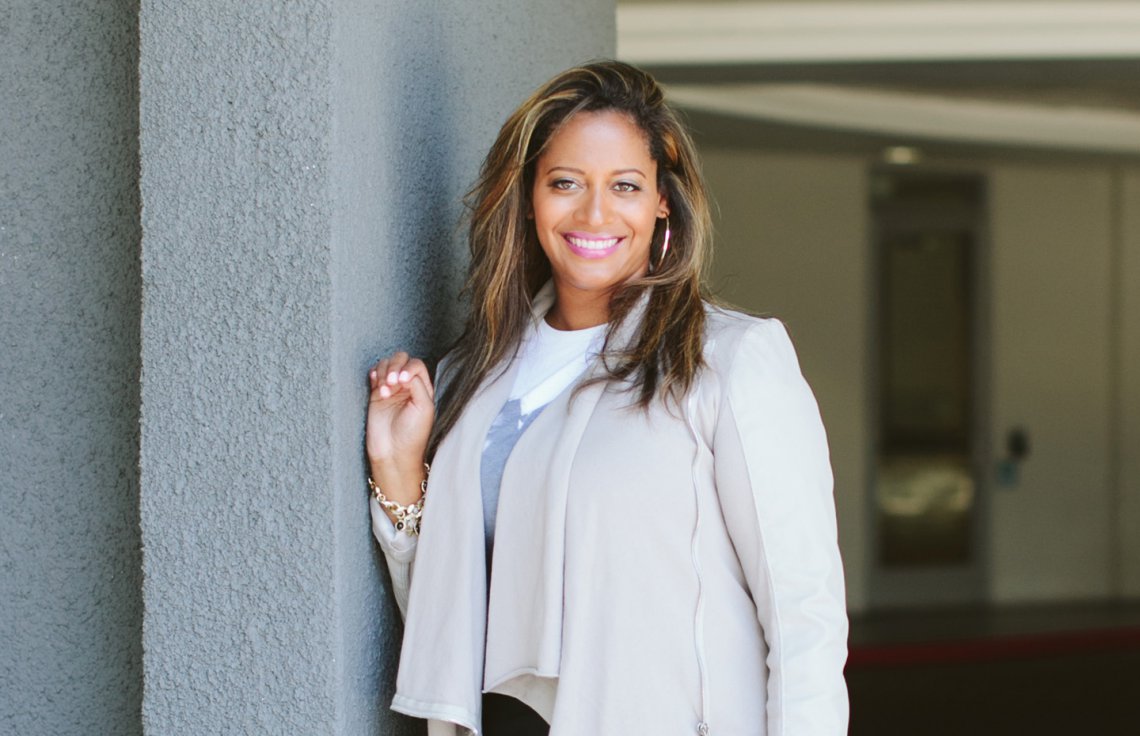
Entertainment, Government + Public Policy
Meet the Woman Behind Your Favorite T.V.
See how Candace's legal background has helped her climb the ladder to a director role at Sony Pictures.
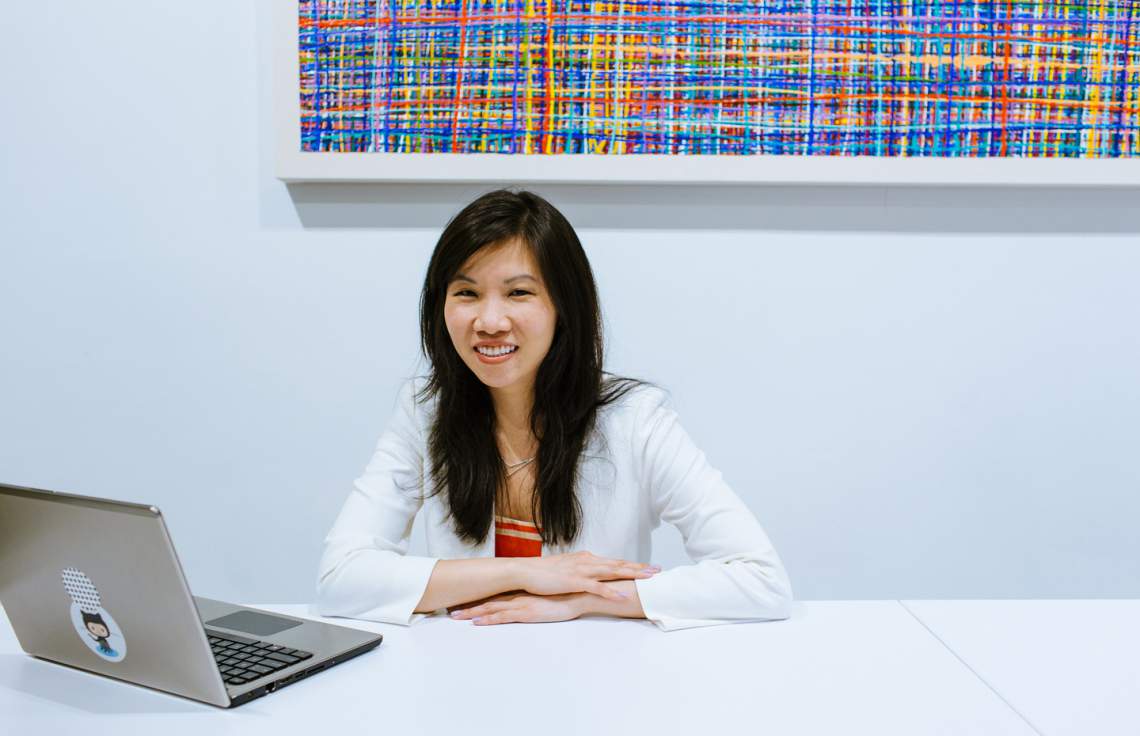
Government + Public Policy
This Millennial Entrepreneur Talks Politics, Activism, and...How to Vote?
Election season's almost over, but Maria Yuan's company, IssueVoter, is just getting started.
Get the Best Career Advice Delivered To Your Inbox
Join our newsletter to stay in the loop.
